Posted on April 10, 2025
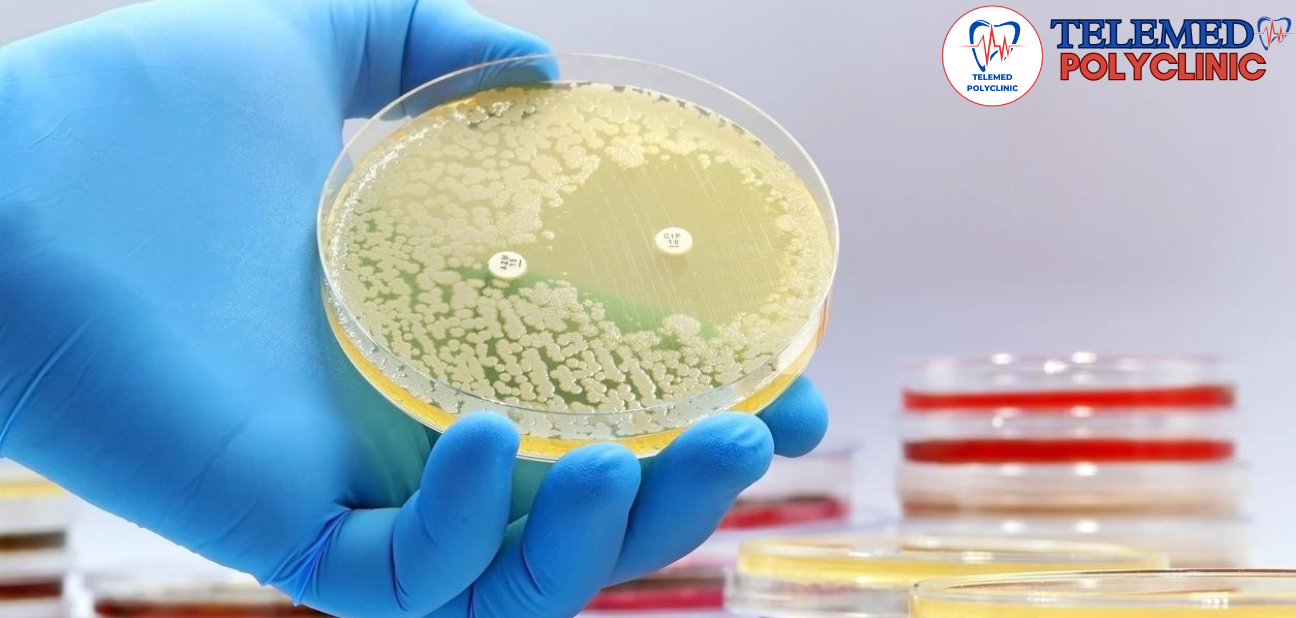
Antibiotic resistance (AMR) is an alarming global health issue, and Pakistan is no exception. The misuse and overuse of antibiotics in healthcare settings, agriculture, and even household settings are fueling the rise of antibiotic-resistant bacteria, putting millions of lives at risk. As one of the world's most populous countries, Pakistan faces numerous challenges in managing antibiotic resistance, and its impacts are already being felt across the healthcare system.
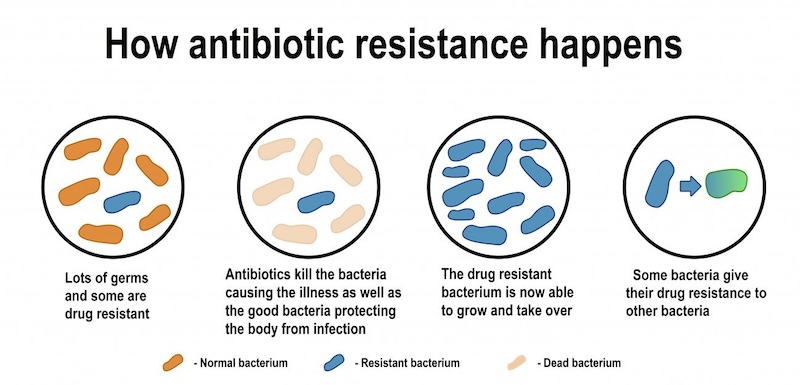
Antibiotic resistance occurs when bacteria evolve and develop the ability to resist the effects of medications that once killed them or inhibited their growth. This resistance can make common infections harder to treat, leading to longer hospital stays, more expensive treatments, and an increase in mortality rates. Resistant infections can be caused by improper use of antibiotics, such as taking them without a prescription, stopping the medication too soon, or using antibiotics for viral infections where they are ineffective.
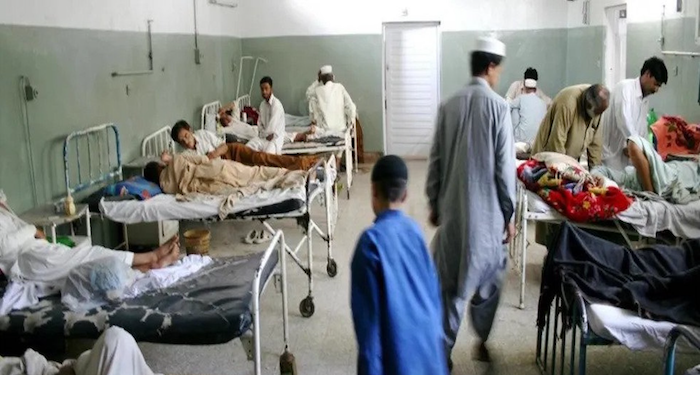
Pakistan faces several factors that contribute to the rapid rise of antibiotic resistance:
The consequences of antibiotic resistance are severe and multifaceted:
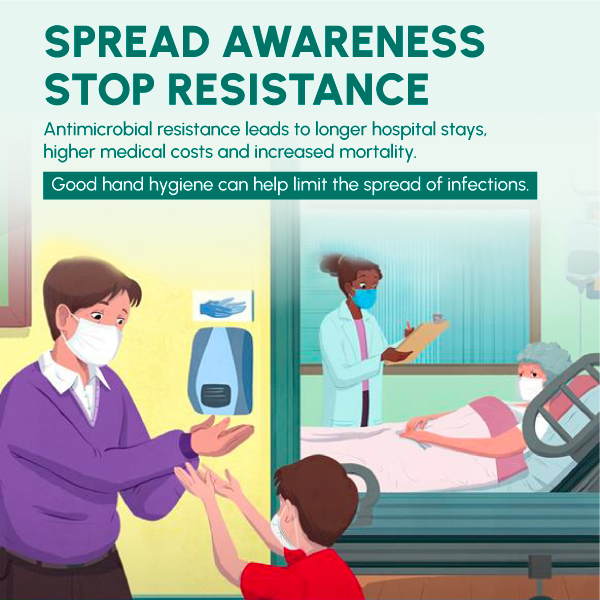
Addressing antibiotic resistance in Pakistan requires a multifaceted approach that involves government agencies, healthcare providers, the agricultural sector, and the general public. Here are some key strategies to combat AMR:
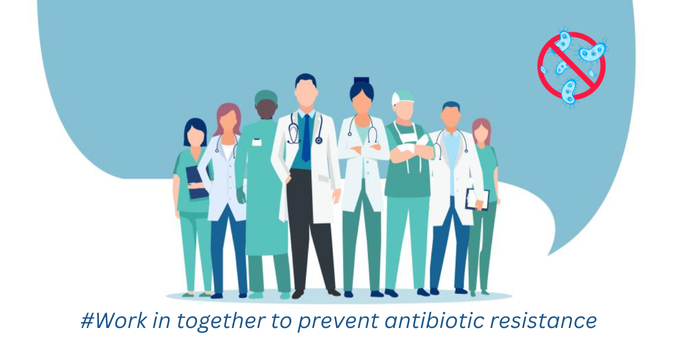
Antibiotic resistance is an urgent and growing problem in Pakistan, with far-reaching consequences for public health, the economy, and the healthcare system. The country's response to this challenge requires a collective effort from all sectors of society—governments, healthcare professionals, farmers, and the general public. By adopting stricter regulations, improving awareness, and investing in better healthcare infrastructure, Pakistan can take crucial steps in curbing the rise of antibiotic resistance and safeguarding the effectiveness of antibiotics for future generations. Ultimately, tackling antibiotic resistance is not only a matter of science and healthcare—it is a matter of saving lives and ensuring a healthier future for all.